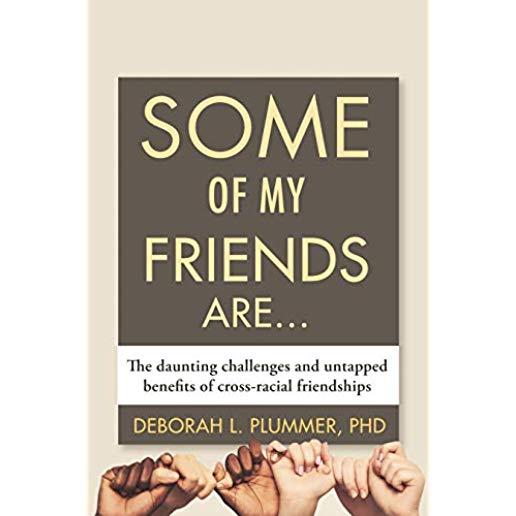
Karakatsanis, Alec
--Anthony D. Romero, executive director, ACLU
Alec Karakatsanis is interested in what we choose to punish. For example, it is a crime in most of America for poor people to wager in the streets over dice; dice-wagerers can be seized, searched, have their assets forfeited, and be locked in cages. It's perfectly fine, by contrast, for people to wager over international currencies, mortgages, or the global supply of wheat; wheat-wagerers become names on the wings of hospitals and museums.
He is also troubled by how the legal system works when it is trying to punish people. The bail system, for example, is meant to ensure that people return for court dates. But it has morphed into a way to lock up poor people who have not been convicted of anything. He's so concerned about this that he has personally sued court systems across the country, resulting in literally tens of thousands of people being released from jail when their money bail was found to be unconstitutional.
Karakatsanis doesn't think people who have gone to law school, passed the bar, and sworn to uphold the Constitution should be complicit in the mass caging of human beings--an everyday brutality inflicted disproportionately on the bodies and minds of poor people and people of color and for which the legal system has never offered sufficient justification. Usual Cruelty is a profoundly radical reconsideration of the American "injustice system" by someone who is actively, wildly successfully, challenging it.
member goods
notems store


listens & views

EDWIN FISCHER PLAYS BACH: PIANO ...
by BACH / FISCHER / PHIL ORCH / MORRIS / PARIKIAN
COMPACT DISCout of stock
$17.25




